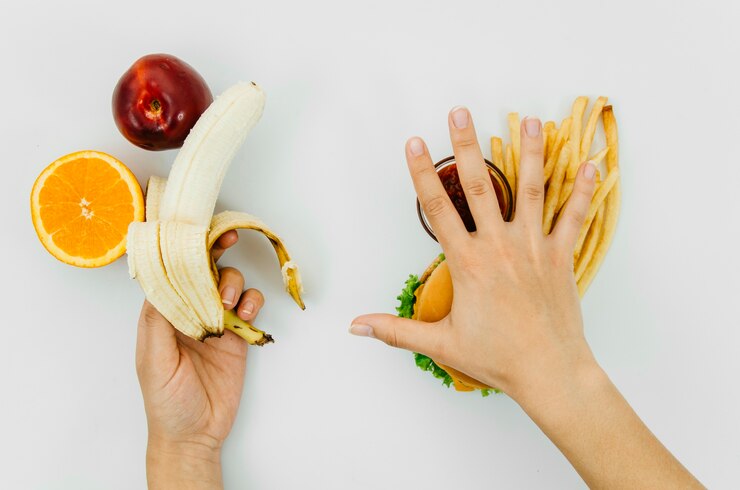 Dear mothers, if you know that there are predispositions to allergies in our family, talk to your paediatrician who will be able to advise you on which foods to avoid or which to introduce at different times [learn more about allergies].
Dear mothers, if you know that there are predispositions to allergies in our family, talk to your paediatrician who will be able to advise you on which foods to avoid or which to introduce at different times [learn more about allergies].
In general, there are certain foods that are considered potentially allergenic, including:
- cow's milk (under one year of age);
- dried fruit;
- eggs;
- fish;
- soya;
- seeds;
- strawberries;
- kiwi fruit;
- crustaceans and molluscs.
There is evidence that delaying the introduction of peanuts and chicken eggs beyond 6-12 months can increase the risk of developing an allergy to these foods. Many children outgrow milk or egg allergy, but peanut allergy is generally permanent.
[https://www.nhs.uk/conditions/baby/weaning-and-feeding/food-allergies-in-babies-and-young-children]
If your child has a food allergy, read food labels carefully. Avoid foods unless you are sure that they do not contain the food to which your child is allergic.
We also recommend avoiding or minimising, at least at the beginning of weaning:
- very spicy foods that might annoy the child;
- very salty preparations (e.g. bacon, take-away, chips, etc.);
- added sugar (e.g. juices, cakes, biscuits...);
- honey up to the age of one year (due to botulism risk);
- foods that are particularly bitter or difficult to digest (e.g. peppers, aubergines, but also chickpea peel);
- rice milk (which may contain arsenic);
- undercooked eggs (yolk and albumen should be hard).
You can include these foods later, always tasting them in small quantities so that you can observe your child's reactions.


